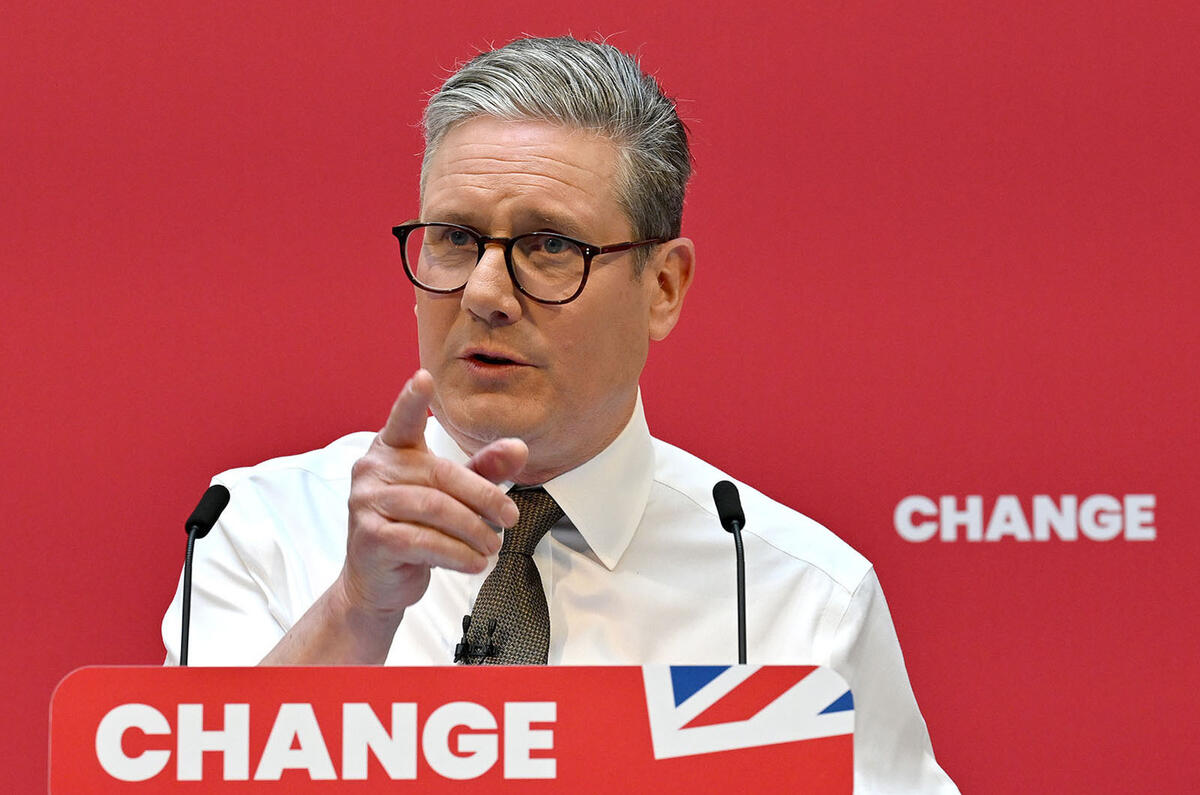Rarely does a conversation with an executive go by without them bemoaning the instability and indecisiveness of the regulatory and legislative environment in which the automotive industry operates.
With good reason too, especially in the UK, where the outgoing government’s only consistent line has been for the country to be a world leader in electric vehicles. It has been that already, albeit world leading only in causing confusion among the car-buying public as to whether or not they need to buy an EV, and by when.




Add your comment